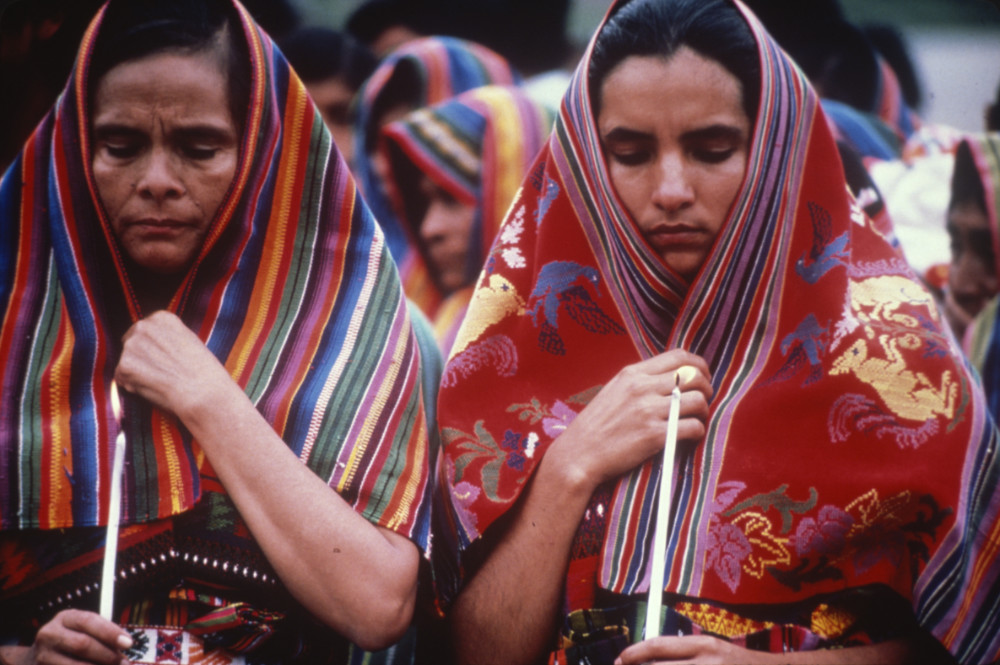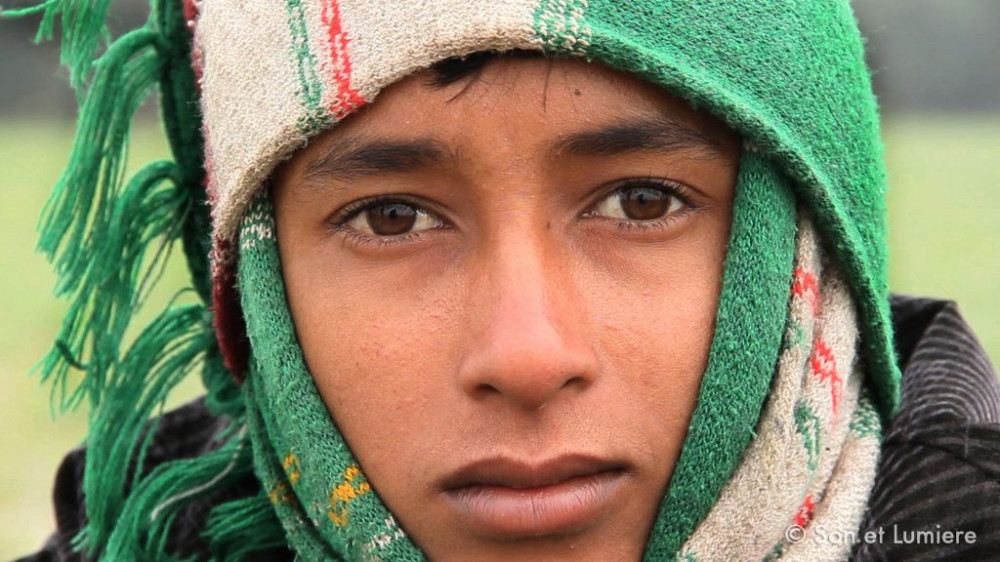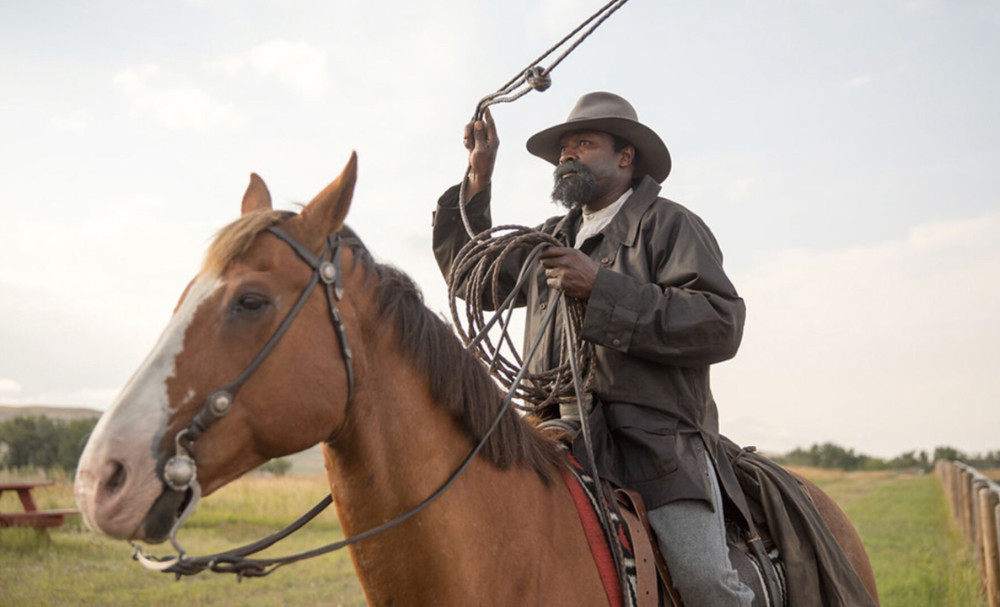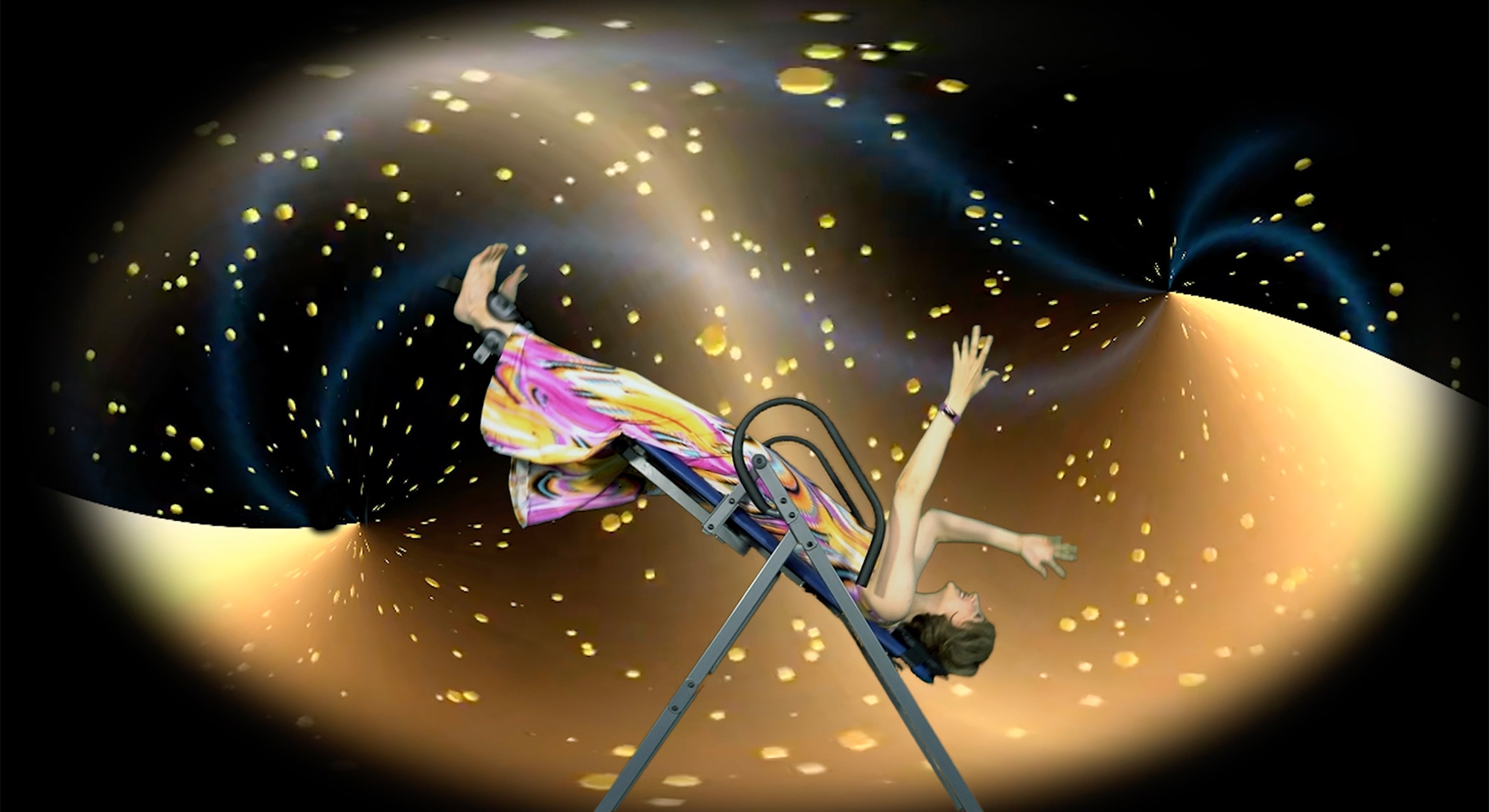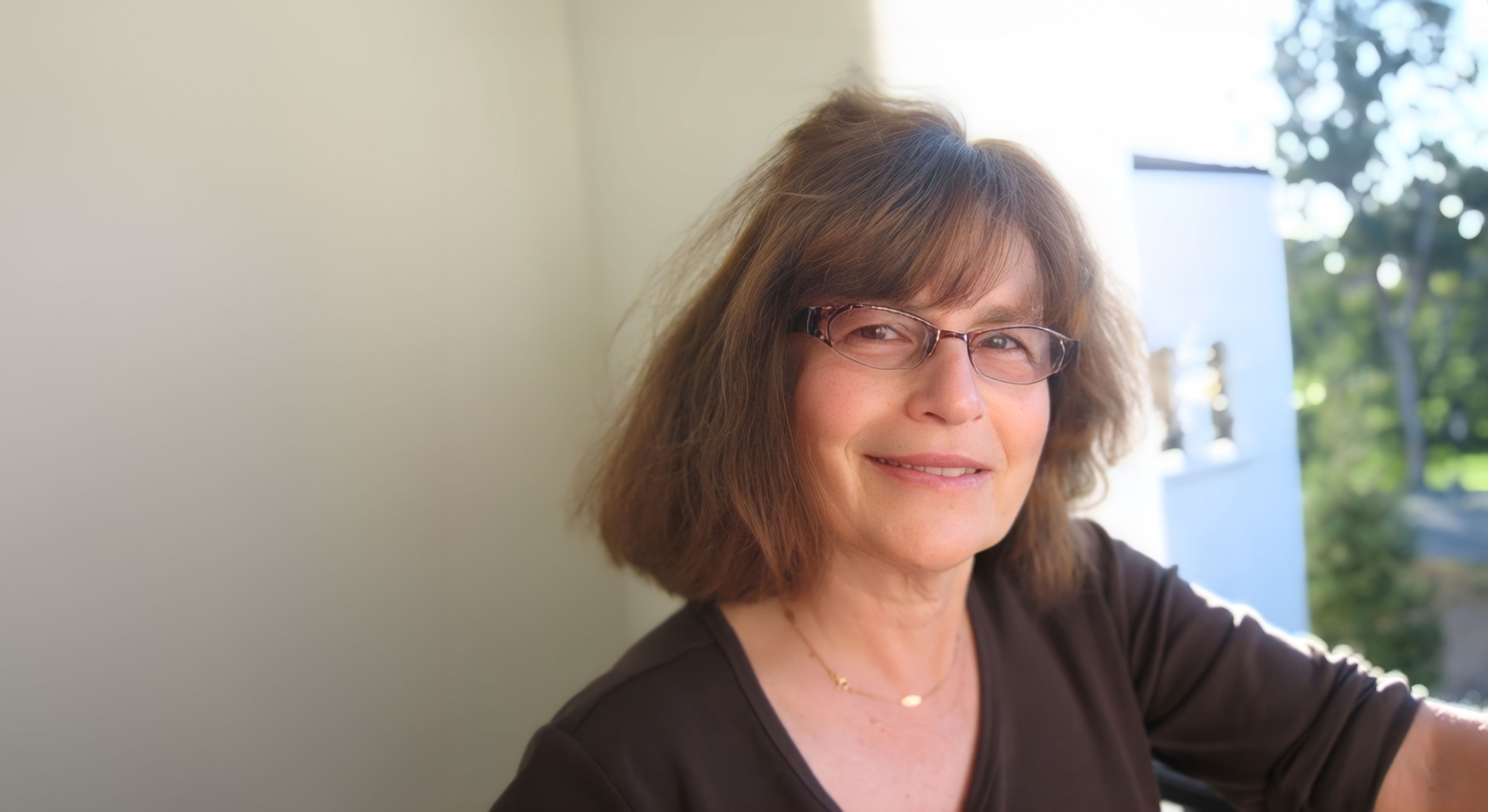Life at the Margins
We are surrounded by borders. Not just the lines that separate states and nations, but the invisible delineations we draw between ourselves and others, and between our imaginations and the sharp corners of reality.
These margins were the inspiration for “Borders,” the spring film discussion series presented by UC Santa Barbara’s Carsey-Wolf Center (CWC).
“As with all of our series, we hope to expand our audiences’ understanding of borders in film and media,” said Patrice Petro, Dick Wolf Director of the CWC and Presidential Chair in Media Studies. “Each film we have selected interrogates different geographical terrains and forms of crossing, and each invites viewers to think of borders and bordering in new ways.
“Beginning with the classical tale of border crossing with ‘El Norte,’ ” she continued, “the series moves on to show the border is a construct, ever changing, and intentionally amorphous. Borders reveal what it means to live as an insider or an outsider; to live within a community or at the margins of one; to live fully within a space or inhabit the in-between.”
The discussion about “El Norte,” Gregory Nava’s gripping tale of two Guatemalan siblings’ journey to the U.S., happens Thursday, April 8, from 4 to 5 p.m. Ross Melnick, an associate professor in the Department of Film and Media Studies, will moderate a conversation with Colin Gunckel of the University of Michigan and Mirasol Enríquez of the University of Texas at Austin.
“Few issues in American politics have been as omnipresent or as divisive in recent years as ‘the border,’ ” Melnick said. “This issue is one of many reasons why Nava’s masterful ‘El Norte’ (1983) has remained an enduring testament to his independent, cinematic spirit and to the thousands each year who seek shelter in the United States, many traveling the dangerous path from Central America through Mexico and on to ‘el norte.’ ”
As Melnick notes, Nava doesn’t make his Central American protagonists the background characters of the film but the lead focus and attention. By doing so, it situates American involvement in Guatemala and throughout the region as a harrowing specter.
“ ‘El Norte’ asks us to confront our nation’s mythology about immigration and assimilation,” he said, “but it also pokes at a series of nagging questions: what to do about ‘the border’ and why do so many still want to cross it? The answer, depending on your politics, may be the essence of America, both its dreams and its realities.”
Registration is required for all discussions.
As with all the series’ conversations, the event does not include a screening. Registered participants will receive a link to watch the film two days before the event.
“Borders” was conceived in cooperation with CWC staff, Melnick, Bhaskar Sarkar and Cristina Venegas, and the participants in a 2020-21 CWC graduate course Petro taught. Sarkar and Venegas are both associate professors in film and media studies.
The five discussions span the world, from the U.S.-Mexico border to South Asia, to Canada, to an American migrant detention center, to the fluid borders of the Mediterranean Sea.
“The geographic diversity of the series reflects the interests and expertise of the film and media studies faculty as well as of UCSB graduate students across the humanities and fine arts,” Petro said. “Our intent was not to ‘cover’ the globe in this series, but to bring the films we found most compelling into public view and conversation.”
Other film discussions in the series are:
• “Char … The No-Man’s Land,” Thursday, April 15, from 7 to 8 p.m., with the film’s writer-director, Sourav Sarangi. Moderated by Sarkar.
This 2012 documentary tell the story of a young teen, Rubel, who lives on one of the silt islands, locally known as chars,in the middle of the Ganga, along a stretch where the river coincides with the border between India and Bangladesh. Rubel wants to go to school in India but instead smuggles rice across the border.
As Sarkar notes, “The film documents the border not as a stable line of demarcation but as a buzzing thicket of activities undertaken by communities dislocated by riverbank erosion. Living literally on the international border, these groups find themselves stateless, and under constant surveillance.”
• “Forensic Oceanography and the Aesthetics of Borders,” Friday, April 30, from noon to 1:15. Bishnupriya Ghosh, a UCSB professor of English and of global studies, and Bhaskar will moderate a discussion with Forensic Oceanography co-founders Charles Heller and Lorenzo Pezzani.
Forensic Oceanography, launched in 2011, is a collaborative project that investigates the militarized border regime and the politics of migration in the Mediterranean Sea. Their work has been used as evidence in courts of law, published across different media and academic outlets, as well as exhibited and screened internationally.
“This event expands the purview of the curated ‘film series’ to include multimedia documentation of a media research initiative focused on the Mediterranean refugee crisis,” Sarkar said. “The project has developed in scope from the retrospective forensic analysis of capsized boats, to real time interventions seeking prevention of drowning deaths.”
• “The Infiltrators,” Thursday, May 6, from 4 to 5 p.m., with co-directors Cristina Ibarra and Alex Rivera; moderated by Venegas.
The film uses a mix of documentary footage and re-enactments to tell the true story of young immigrants who intentionally get themselves thrown into a for-profit detention center.
“It’s a powerful strategy to have the real people and their ‘doubles’ who infiltrate the detention facility playing side by side in the film,” Venegas said. “Both are courageous and we will be talking with the filmmakers about that.
“We continue to have a dysfunctional immigration policy today, so the topic of deportation endures in our discussions,” she continued. “This film sheds light on the politics of detention and ends when Trump is elected. The space of detention is exposed here, particularly the so-called ‘low priority’ detentions. But the film highlights the extraordinary efforts of a group of activists who infiltrate the facility.”
• “John Ware Reclaimed,” Thursday, May 13, from 4 to 5 p.m. with director Cheryl Foggo. Moderated by Stephanie Batiste, a UCSB professor of English.
The film documents Foggo’s quest to uncover the complex legacy of a Black cowboy and rancher who moved to Western Canada at the end of the 19th century.
